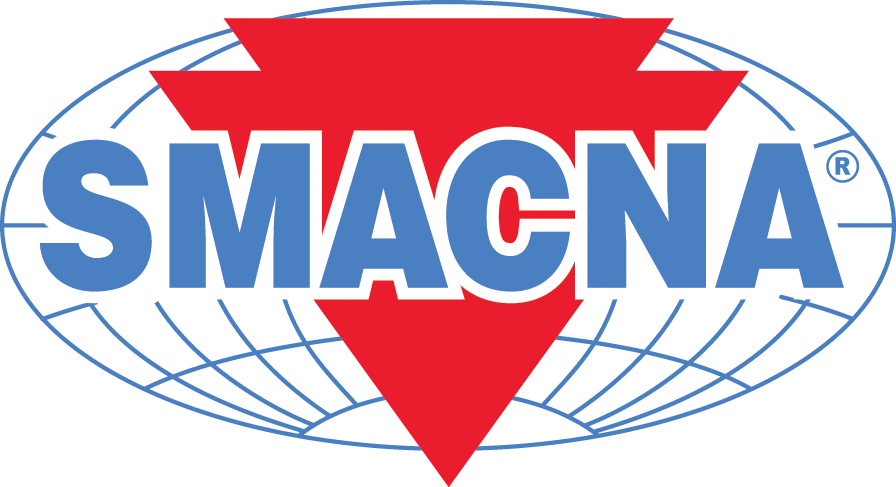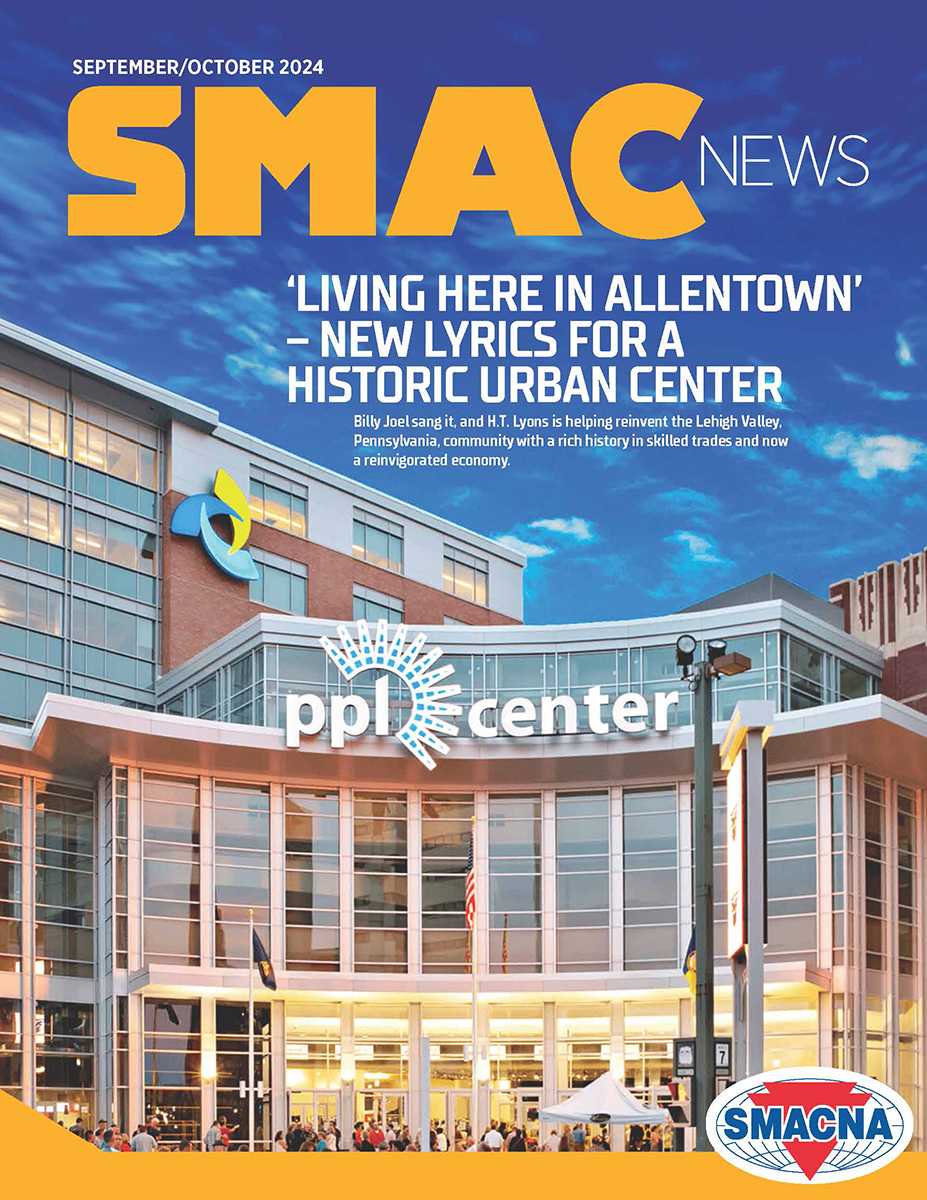Making the Hard Case for Soft Skills
Over the past few months, there has been a lot of buzz regarding the topic of “soft skills.”

Dushaw Hockett
The discussion came up again during an Aug. 28 webinar — Beyond the Blueprint: Advancing in the Industry — sponsored by the SMACNA and SMART RISE committees (Representation, Integrity, Support and Empowerment). This article seeks to make a hard case for the importance of soft skills and the idea that soft skills are a key ingredient for building a strong and respectful workplace culture.
Soft skills, also known as “people skills” or “interpersonal skills,” are foundational skills that allow us to build a respectful and collaborative work environment. We aren’t born with these skills, but we can build them over time.
Monique Danao wrote in a recent Forbes Business article that “In today’s fast-paced world, success in the workplace requires more than just technical expertise and knowledge.” Danao recommends working on these eleven soft skills to set yourself apart in the workplace, and lead to long-term success:
- Communication
- Active listening
- Presentation skills
- Verbal and nonverbal communication
- Leadership
- Coaching and mentoring
- Management
- Teamwork
- Accountability
- Collaboration
- Creativity
- Brainstorming
- Curiosity
- Experimentation
- Time management
- Planning
- Goal setting
- Delegation
- Adaptability
- Flexibility
- Growth mindset
 Problem-solving
Problem-solving - Strategic thinking
- Analysis
- Work ethnic
- Punctuality
- Professionalism
- Critical thinking
- Evaluation
- Deductive reasoning
- Conflict management
- Mediation
- Conflict resolution
- Emotional intelligence
- Self-awareness
- Empathy
- Social skills
Rebecca Knight wrote in an article for the Harvard Business Review that “soft skills are essential, even in the digital age.”
Knight quoted a recent LinkedIn survey that said 72% of U.S. executives place more value on soft skills than AI-related skills, and that organizations that prioritize the development of soft skills see greater productivity and better employee performance.
How do we develop our soft skills? Knight suggests that we think about our own strengths and weaknesses and ask friends for their honest opinions. To enhance your soft skills, create a development plan that includes activities that stretch and engage different parts of your personality. Practice active listening and demonstrate that you care about the people you work with. And don’t be afraid to seek feedback, so we avoid missed opportunities for improvement.
For more information on this initiative and for Culture of Respect Toolbox Talks, visit www.smacna.org.
Published: November 7, 2024
IN THIS ISSUE
‘Living Here in Allentown’ – New Lyrics for a Historic Urban Center
Billy Joel sang it, and H.T. Lyons is helping reinvent the Lehigh Valley, Pennsylvania, community with a rich history in skilled trades and now a reinvigorated economy.
Above and Beyond
United HVAC installs hotel ventilation system as part of a Boston redevelopment project.
Elevating Customer Service in Residential HVAC
Follow these insights from a service strategist.
Fabricate and Chill(er)
SMACNA member C&S Cos. coordinated with other trades to install exhaust system ductwork used by three chillers on the campus of Syracuse University.
Going Nuclear
SMACNA-endorsed nuclear power bill becomes law.
Invest In Your Workforce Future
This program is a great opportunity to give our young people chances to explore careers.
Making the Hard Case for Soft Skills
Over the past few months, there has been a lot of buzz regarding the topic of “soft skills.”
Measuring Success: The Role of KPIs in Construction
The construction industry faces many obstacles today, from workforce scarcity to unpredictable material expenses.
Navigating Change Orders
Best practices for sheet metal and HVAC contractors.
SMACNA at the Forefront of AI Tech
Solving Window Pains
A Spokane, Washington, residential architectural project required Carlson Sheet Metal to figure out how to prevent rainwater from penetrating the flashing around a high-end home's many windows.
The Ever-Changing Legal Landscape of Non-Compete Agreements
Over the summer, federal regulators set their sights on employment agreements that contain promises by employees to refrain from competing with their employer after they leave (i.e., “non-competition” or “non-compete” provisions) or promises by
Top Priorities for the Final Months of 2024
Here are some of the top priorities from the SMACNA Government and Political Affairs team for the end of 2024.
Welcome New SMACNA Members


